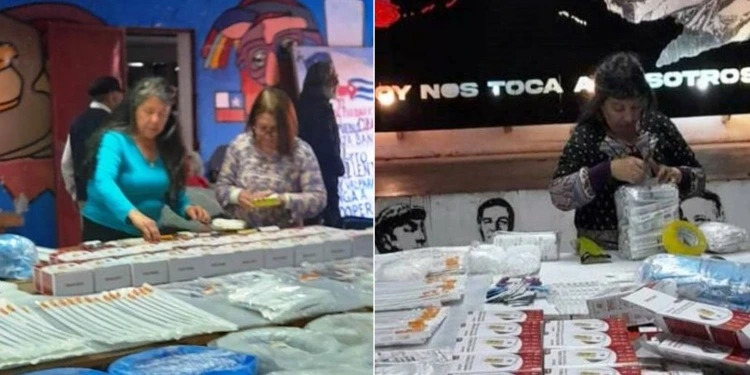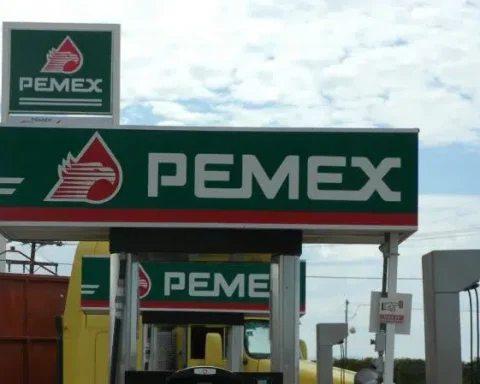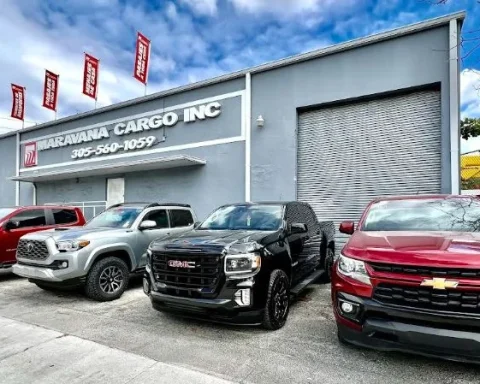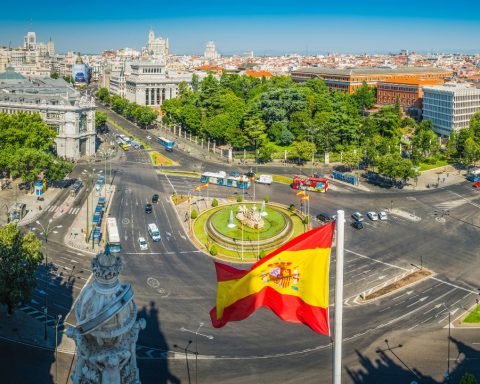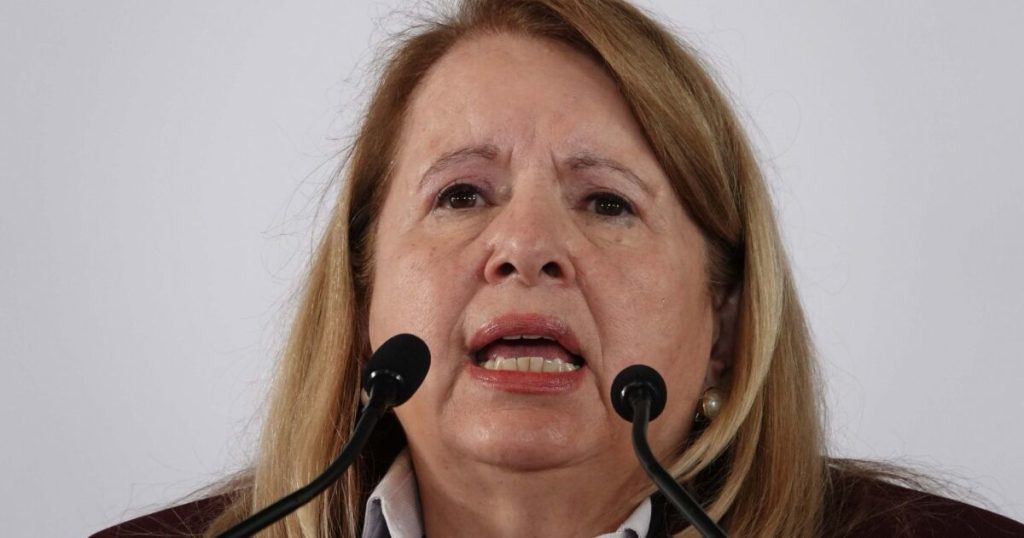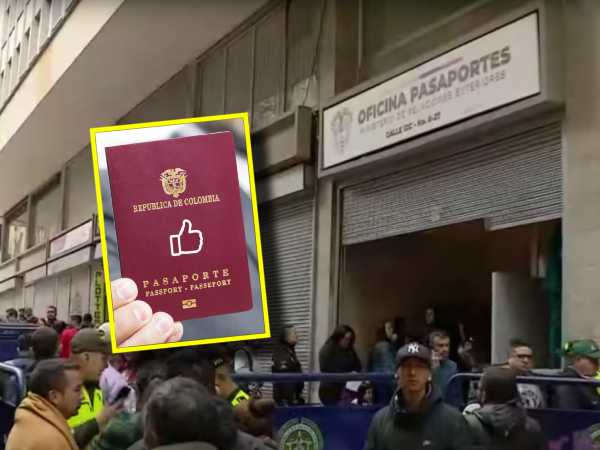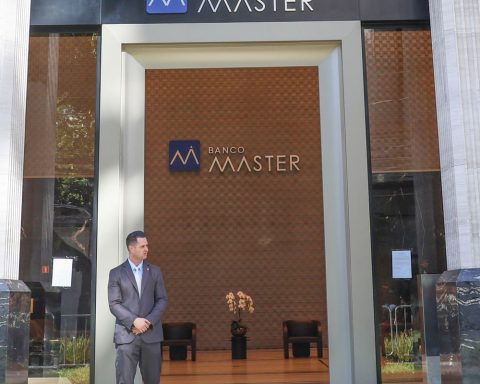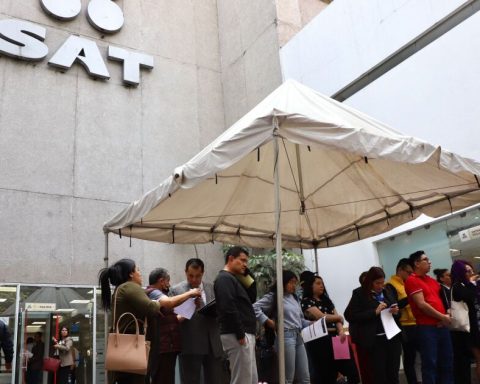SAN LUIS POTOSÍ, Mexico.- A Chilean group from the population of Villa Sur sent a donation of medicines, supplies and equipment to the Island to, allegedly, “alleviate the effects of the US blockade,” in line with the official discourse that frequently resorts to the argument of the embargo to justify the health crisis in the country.
Ana María Villagra, from that association of solidarity with Cuba, told Latin Pressto Since the coronavirus pandemic, they have considered the possibility of helping and organized activities to obtain resources. The resources acquired were taken to the Gynecological-Obstetric Hospital of Guanabacoa.
“People reacted and we had a good response. You become a kind of activist,” he said triumphantly.
The solidarity group with Cuba in the Chilean town of Villa Sur sent a donation of medicines, supplies and equipment to the island today, to alleviate the effects of the US blockade on the health sector.
More in #PrensaLatina
https://t.co/NN5tkMi6H9 pic.twitter.com/wfaRiJlefL— Prensa Latina (@PrensaLatina_cu) September 16, 2024
He shipment It consists of devices for taking blood pressure, urinary catheters, thermometers, syringes, hospital bedpans and other supplies, as well as painkillers, anti-inflammatories and contraceptives.
The donation comes as part of the Campaign “A Grain of Love for Cuba,” which was joined by other groups, such as the “internationalists,” and members of the Communist Party of Chile (PCCh).
“Cuba has been the victim of a criminal blockade for more than 60 years,” argued Elizabeth Jiménez, a councilwoman for Villa Sur and candidate for reelection for her third term.
Julio Espinoza, political secretary of the PCCh in the commune of Pedro Aguirre Cerda, said in the same vein: “We know the difficulties they are going through. We have heard the Cuban foreign minister assess the costs of the blockade.”
The official discourse has echoed among its followers in other countries, who blindly believe in the government’s discourse and blame the embargo for the ills suffered by the people.
Despite frequent international donations, the crisis in Cuba does not seem to have an end in sight.
The European Union (EU) recently allocated 500,000 euros to “strengthen” the health system, amid a severe crisis of supplies and medicines in Cuban hospitals.
The support includes the acquisition of medicines, supplies and medical equipment and improving access to essential sexual and reproductive health services. The money is also intended to support neonatal services in order to guarantee quality care for sick newborns, including “training health professionals in comprehensive neonatal care.”
Last year, Cuban authorities acknowledged that there were 251 medicines are missing40% of the basic framework. The list included both those manufactured in the country and those imported.
Although the regime boasts of having powerful drugs to offer to other regions, among the drugs with the lowest availability have been those aimed at patients with cancer. There has also been no regular supply of five of the 12 drugs controlled by card: fluticasone in aerosol form; isosorbide dinitrate 10 mg; metformin 500 mg in tablets; enalapril 20 mg in tablets; and warfarin 2 mg in tablets.
